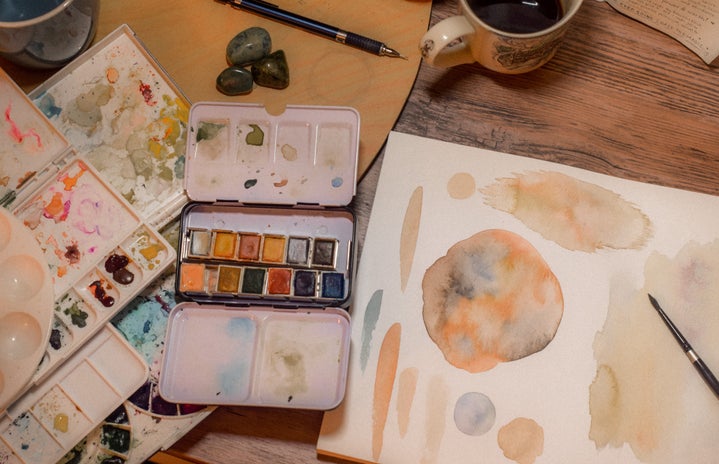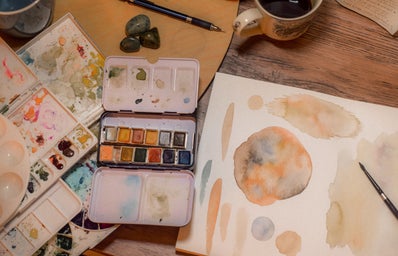A study by James J. Kerley in 1968 tested 1,600 toddlers’ ability to take a problem and come up with an ‘innovative’ (mildly creative) way to solve it. 98% of five-year-olds scored ‘genius’ level, meaning they came up with some creative solution. The same people were tested at age 15, and only 30% had creative solutions. Then at 31, 2% came up with a creative solution. This arguably demotivating result shows us that the emphasis on doing well academically, and forgetting our creative abilities, diminishes our ability to be creative thinkers as we grow older. Even before reading this study, I was told by my rather eccentric Auntie that I should never lose my creative hobby. And now I understand why.
Maintaining creativity can be challenging, particularly when your studies or career lack any artistic components. Being in a place that prioritises productivity above all, artistic pursuits like drawing, music, dancing, or photography are often undervalued compared to academic achievements. Despite this rather depressing fact, I think dedicating even a small amount of time to a creative hobby can have a huge impact on us, and I think more people should invest their time into them, rather than social media for example. I don’t think I’d be wrong in saying we all have hours of screen time that could be used elsewhere. Creative endeavours also have a way of expanding unexpectedly; a simple drawing might evolve into a portfolio, a casual dance into a dance group, or a single repair into designing a dress. You never know what could come out of your creations and that’s the exciting part. And even if nothing major does, it’s always time well spent.
Personally, my love for art began in school, but as I pursued more academic-centred subjects, creativity took a backseat—in my opinion, this is a fairly common and disheartening experience. I started practicing my drawing through casual doodles, graduating from small sketches in the back of my textbooks, to drawing (on proper paper) for pleasure. Every sketch, no matter how small or unfinished, serves as my escape and a break from digital overload and stress from doing work or writing essays. I’d always encourage others to explore creative outlets, no matter how pointless they might seem. From scrapbooking to knitting, or even just sharing photos or posts you like on Pinterest—an act of creativity has the possibility to counterbalance the constant pressure of doing well academically and recalibrate an overstimulated nervous system.

